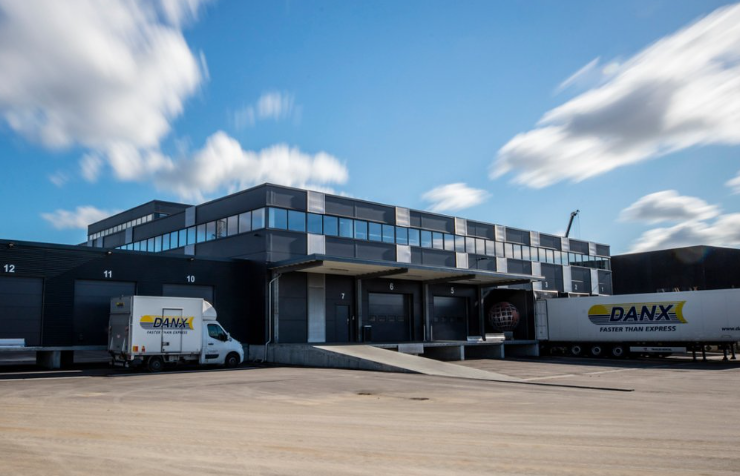When most people order pasta at a restaurant, they focus on the delicious flavours—not the dish’s carbon footprint. But some dishes, like spaghetti bolognese, have a higher carbon footprint than others. Amazon Web Services (AWS) and Altruistiq, an AWS Partner and climate tech company, are making carbon footprints more transparent for consumers and helping businesses measure, manage, and reduce carbon emissions.
Altruistiq, which uses AWS services to support a wide range of industries with carbon reduction, helped Gousto, a UK food retailer “unicorn”, calculate the carbon footprint of every recipe on its menu, down to individual ingredients. The collaboration paid off. Gousto now knows the emissions caused by every ingredient the company uses.
Processing the vast amounts of data required to surface these carbon insights would be an almost impossible task for a human. Altruistiq’s solution uses AWS services to process, map, and allocate the data to generate carbon-impact insights in a format that is digestible to Gousto and consumers. The digital carbon dashboard Altruistiq created enables the food business to easily understand the carbon impact of their operations and supply chain. For example, the software allowed Gousto to assess that its purchase and transportation of tomatoes was causing significant emissions, so the company switched to a different provider that has a lower carbon footprint.
Today, each consumer who buys a Gousto box reduces their carbon emissions by 23% on average compared to buying the same food at a supermarket.
The data is making a difference for consumers, too. For instance, research shows that buying a spaghetti bolognese in the UK has roughly the same impact as driving an average car 49 miles (79 kilometers) in terms of emissions. Beef is the main ingredient behind the impact—accounting for 85% of the dish’s total emissions. By showing end customers the carbon footprint information on the website, demand for spaghetti Bolognese on Gousto has decreased by 20%, while demand for lower carbon options has increased.
Generating actionable insights, such as the impact of minced beef versus alternatives like chicken mince or minced soya, which are up to 80% lower emissions, enables Gousto to make more informed recipe decisions. It also empowers consumers to make more sustainable choices.
Altruistiq also works with businesses in other sectors. Recently, the company worked with DANX Carousel, a Danish logistics specialist, to design and deliver a near real-time dashboard on the carbon impact of each account the company holds with car manufacturers and retailers. Every car part’s carbon footprint is measured and accessible in the dashboard, enabling DANX Carousel to understand the emission challenges across their operations and identify ways to reduce environmental impacts. As a result of this granular data, route optimization and better delivery planning for car parts have become core to the DANX Carousel business to reduce emissions.

“AWS and Altruistiq have a great partnership, we are both committed to helping businesses around the world accelerate their journey to net-zero carbon emissions,” said Altruistiq CEO Saif Hameed. “I’ve been working on this issue since I was a teenager, and I’ve always had a vision for how technology can make a huge contribution to any organization in how they improve their interactions with the environment.”

“I think the environmental transformation our partner is delivering for customers is spectacular,” said Nicolas Pujol, AWS Head of Partner Management for Independent Software Vendors in EMEA. “This is exactly what business leaders need—real insights and control of their carbon emissions that accurately reflect their operations. By working with Altruistiq and others, we are helping the public and private sectors properly measure, understand, and reduce carbon emissions.”
As part of Amazon’s commitment to being more carbon efficient, AWS continues to work with partners who can help lower carbon emissions for customers through strategic use of cloud technologies. Learn more about The Climate Pledge and our goal to reach net-zero carbon by 2040—10 years ahead of the Paris Agreement.












